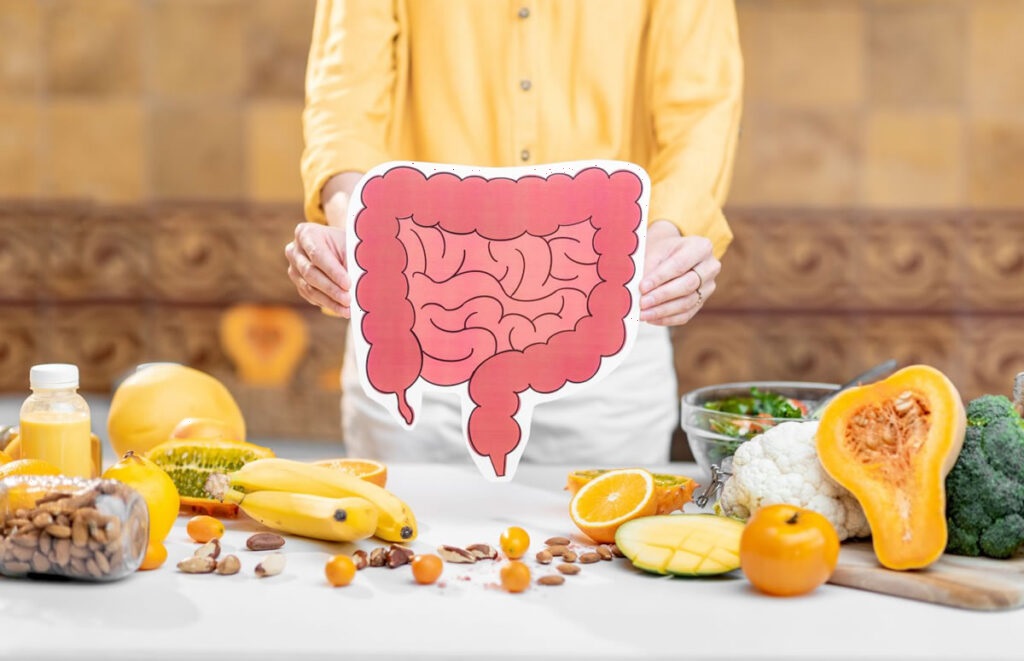 There have been countless anecdotal claims about the benefits of practicing meditation since the Eastern tradition has become more popular in the West.
There have been countless anecdotal claims about the benefits of practicing meditation since the Eastern tradition has become more popular in the West.
Now, there’s plenty of Western-based scientific evidence to support them, says Dr. Matt Mumber, a radiation oncologist and co-director of a non-profit integrative oncology program.
“Meditation is to the brain what physical activity is to the body. We’ve found meditation to be an important facet of health care, both for prevention and maintenance as well as in the treatment of disease, including cancer,” says Dr. Mumber, co-author with colleague and Yoga instructor Heather Reed of “Sustainable Wellness: An Integrative Approach to Transform Your Mind, Body, and Spirit,” (www.sustainablewellnessonline.com).
Mumber and Reed, who are co-facilitators of non-profit residential retreats for cancer patients, say one can experience sustainable wellness by developing a life practice grounded in the cultivation of awareness. This awareness is paying attention without attachment. The ability to be aware can be increased by a meditation tool called mindfulness.
“Life is a constant series of adjustments, matching your inner being with your outer doing,” Reed says. “One way to heighten your awareness is through practicing meditation.”
Mumber and Reed say there’s plenty of new evidence that the resulting sense of balance and peace is not just a psychological effect:
• Mindfulness meditation leads to increases in regional brain gray matter density: Recently published in Psychiatry Research: Neuroimaging, shows that measurable changes in gray-matter density in parts of the brain associated with memory, sense of self, empathy, and stress occurred with study participants who meditated for 30 minutes a day for eight weeks.
• Meditation practitioners have longer attention spans: Published by the journal PloS Biology, a study analyzed people with three months of rigorous training and found that they gained a drastically improved attention span – not only longer, but less susceptible to internal or external distraction. They also showed improved memory and enhanced performance in several tasks, from driving a car to playing piano.
• Reduces stress and blood pressure: Presented to the American Heart Association by researchers at the at the Medical College of Wisconsin in Milwaukee and the Institute for Natural Medicine and Prevention, a study including 200 high-risk patients for heart attack found that meditation reduced their chances for heart attack by 50 percent.

“Studies involving people seeking to reduce stress and other problems in their lives via meditation will continue, as well as for those who want to enhance performance of various duties,” Mumber says.
“For those skeptical of the medical benefits of this Eastern practice, there’s now plenty of Western proof.” Matt Mumber, MD
Matt Mumber, MD, is a practicing board-certified radiation oncologist with the Harbin Clinic in Rome, Ga. He completed his radiation oncology residency at Wake Forest University Bowman Gray School of Medicine and graduated from the Associate Fellowship Program in Integrative Medicine at the University of Arizona. Dr. Mumber is past president of the Georgia Society of Clinical Oncology. He founded Cancer Navigators Inc, a non-profit organization offering cancer patients access to nurse navigation, social services and educational programs to support and augment the clinical care they receive. Dr. Mumber received the Hamilton Jordan Founders Award for involvement in statewide oncology activities and in 2008 he was named a Health Care Hero by Georgia Trend magazine. He serves on the editorial board for the journals Current Oncology and Journal of Oncology Practice and is on the board for the Society of Integrative Oncology.

Heather Reed has been teaching Yoga since 1996. She expresses an integrative, adaptive approach and specializes in using Yoga and meditation techniques for people living with cancer, post-polio syndrome and other chronic illnesses. Heather received an Experienced Teacher Certification from Esther Myers Yoga Teacher Training Program and has had extensive training with senior staff of the Commonweal Cancer Help program and Dr. Dean Ornish’s Program for Reversing Heart Disease. She developed Yoga classes for cancer patients at The Wellness Community, Atlanta. Since 2008, she has been Yoga teacher and co-facilitator for the Residential Retreat Program for Cancer Navigators of Rome, Ga. For the Silo, Ginny Grimsley
Supplemental- http://well.blogs.nytimes.com/2011/01/28/how-meditation-may-change-the-brain/





